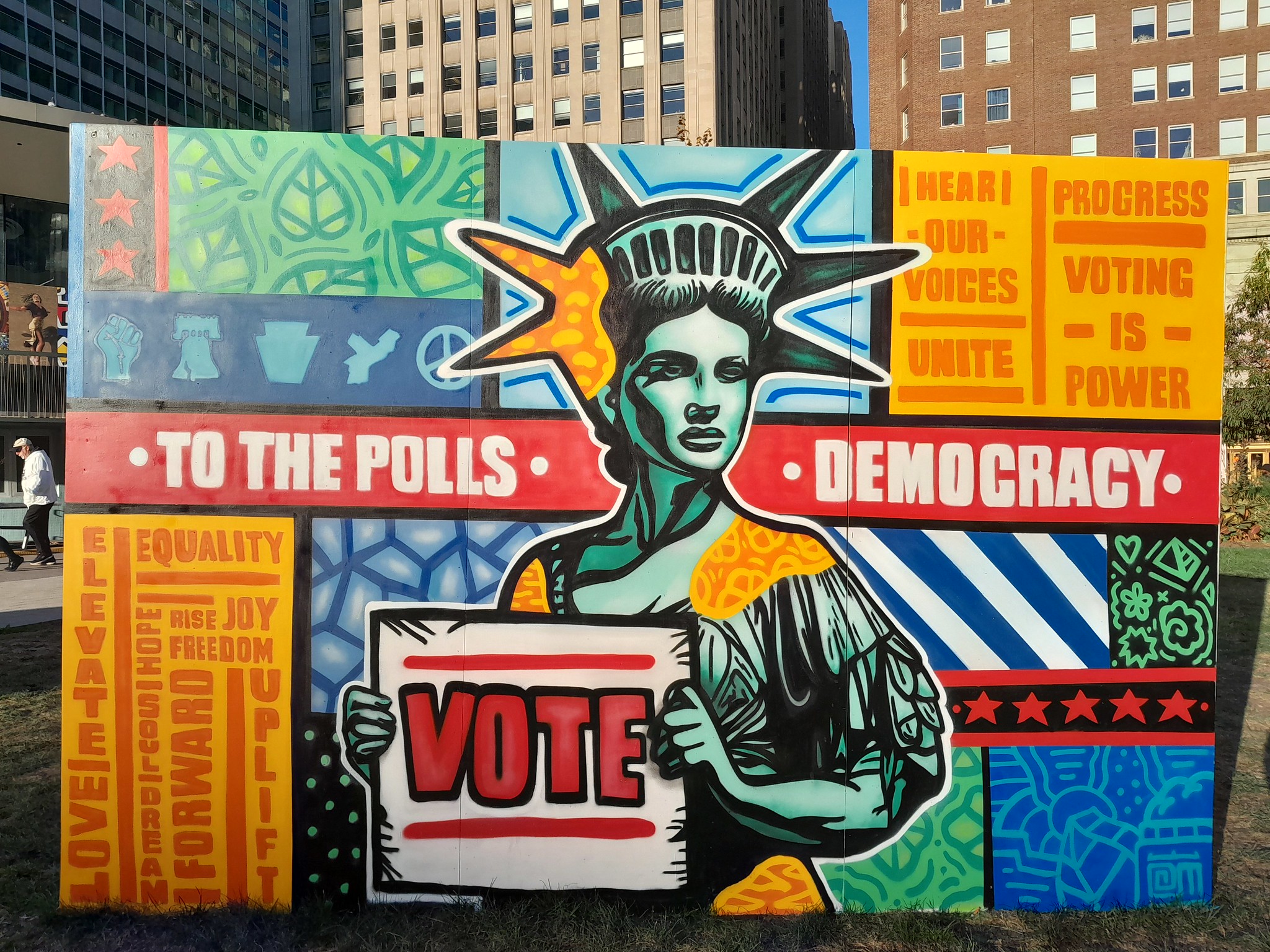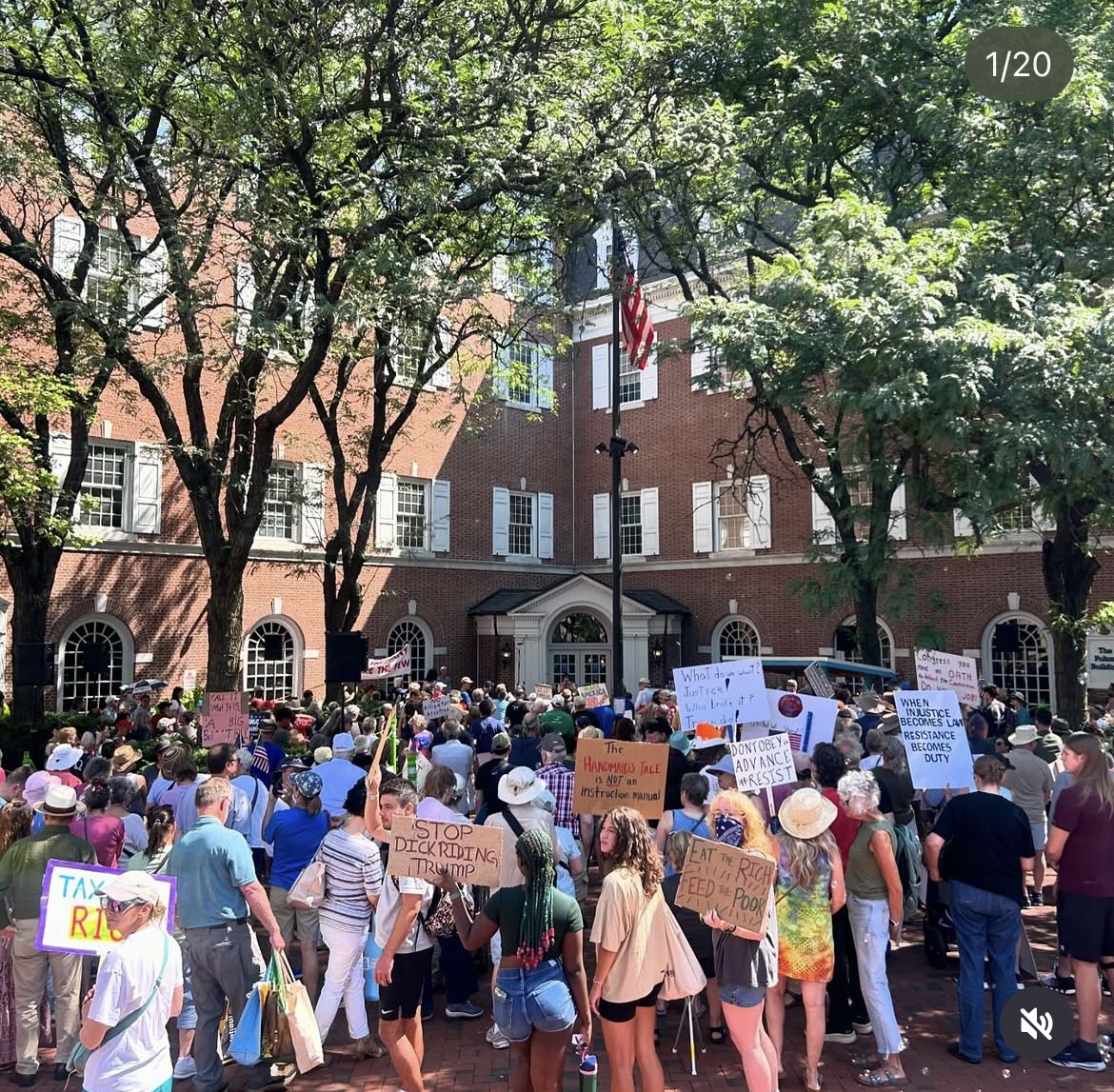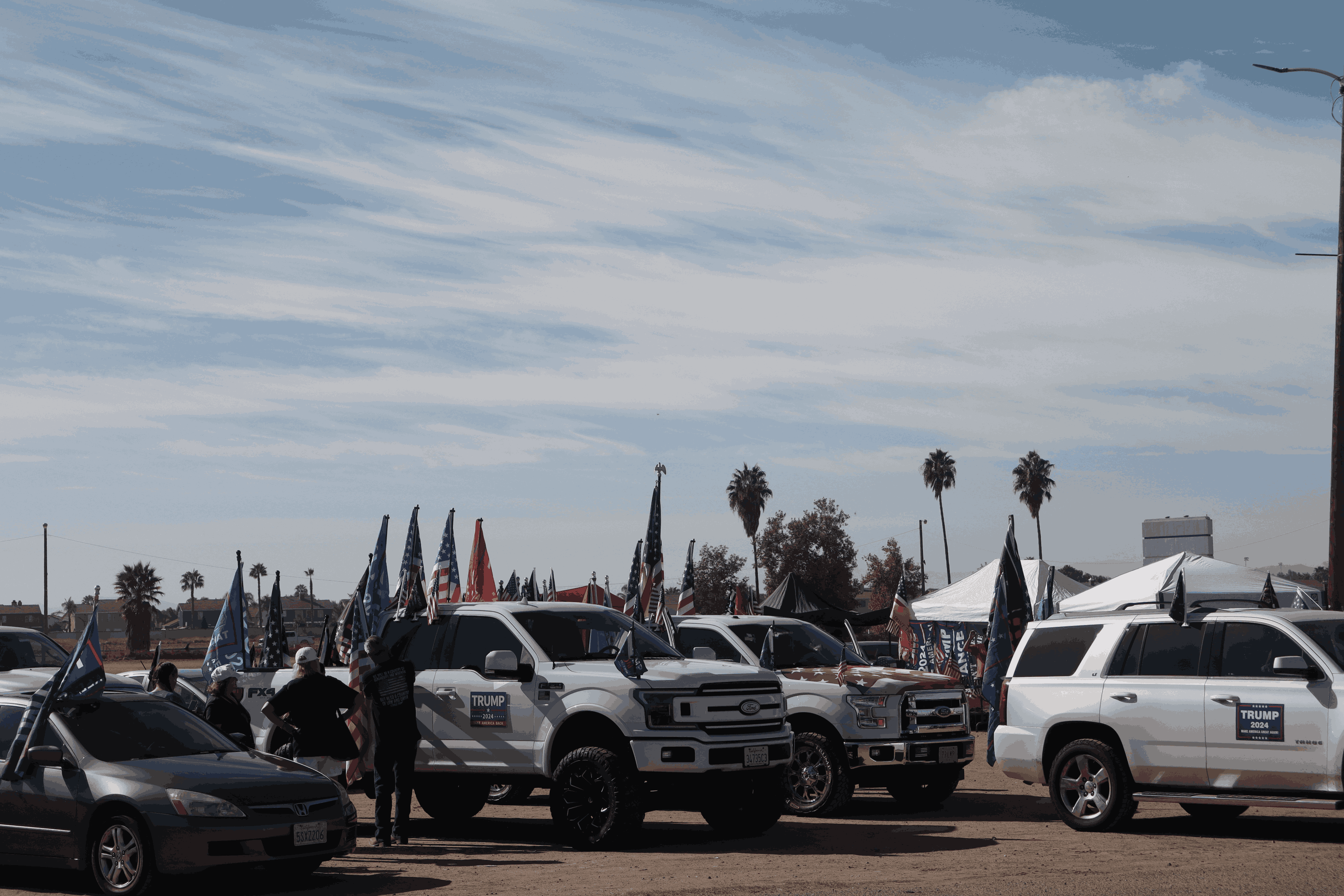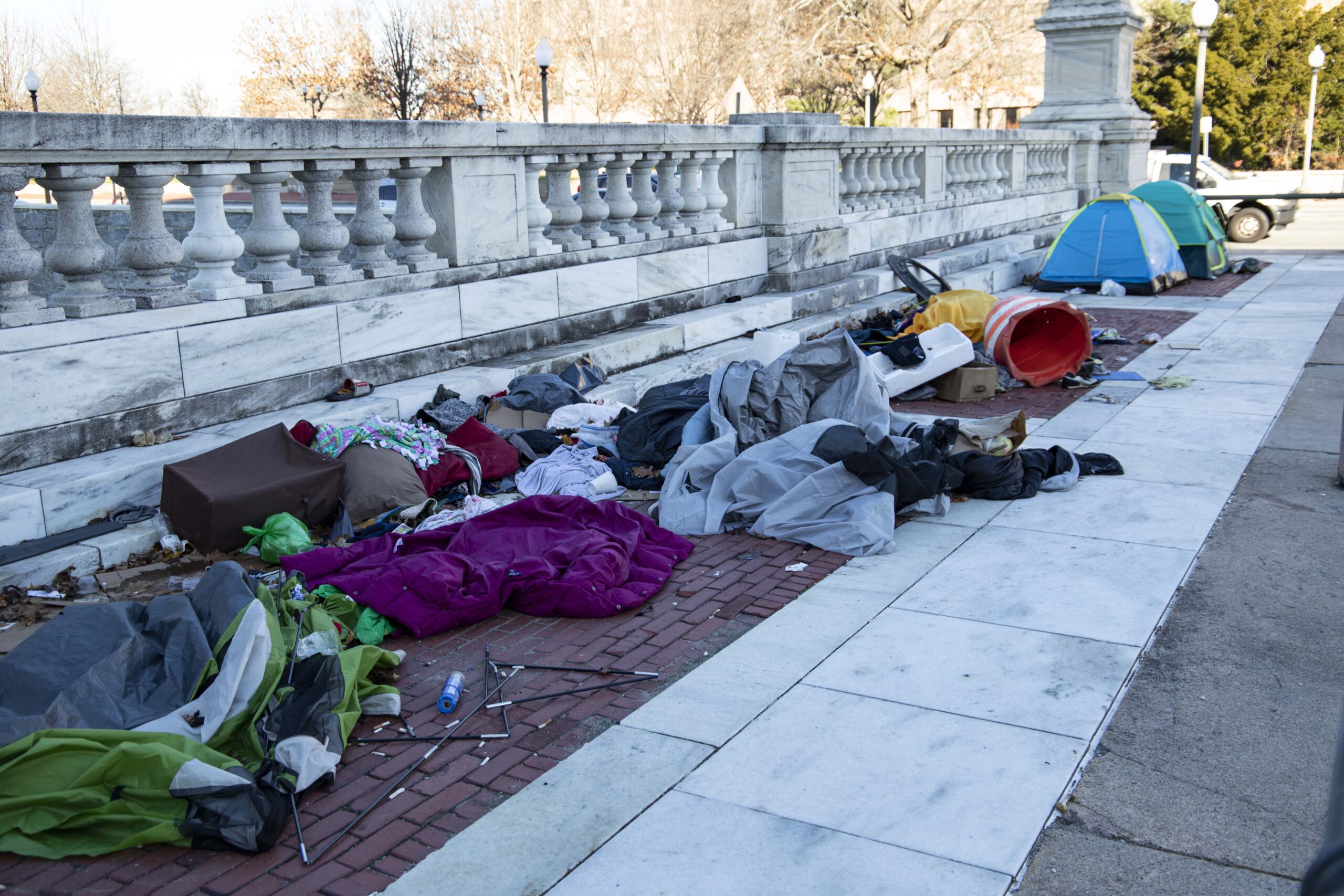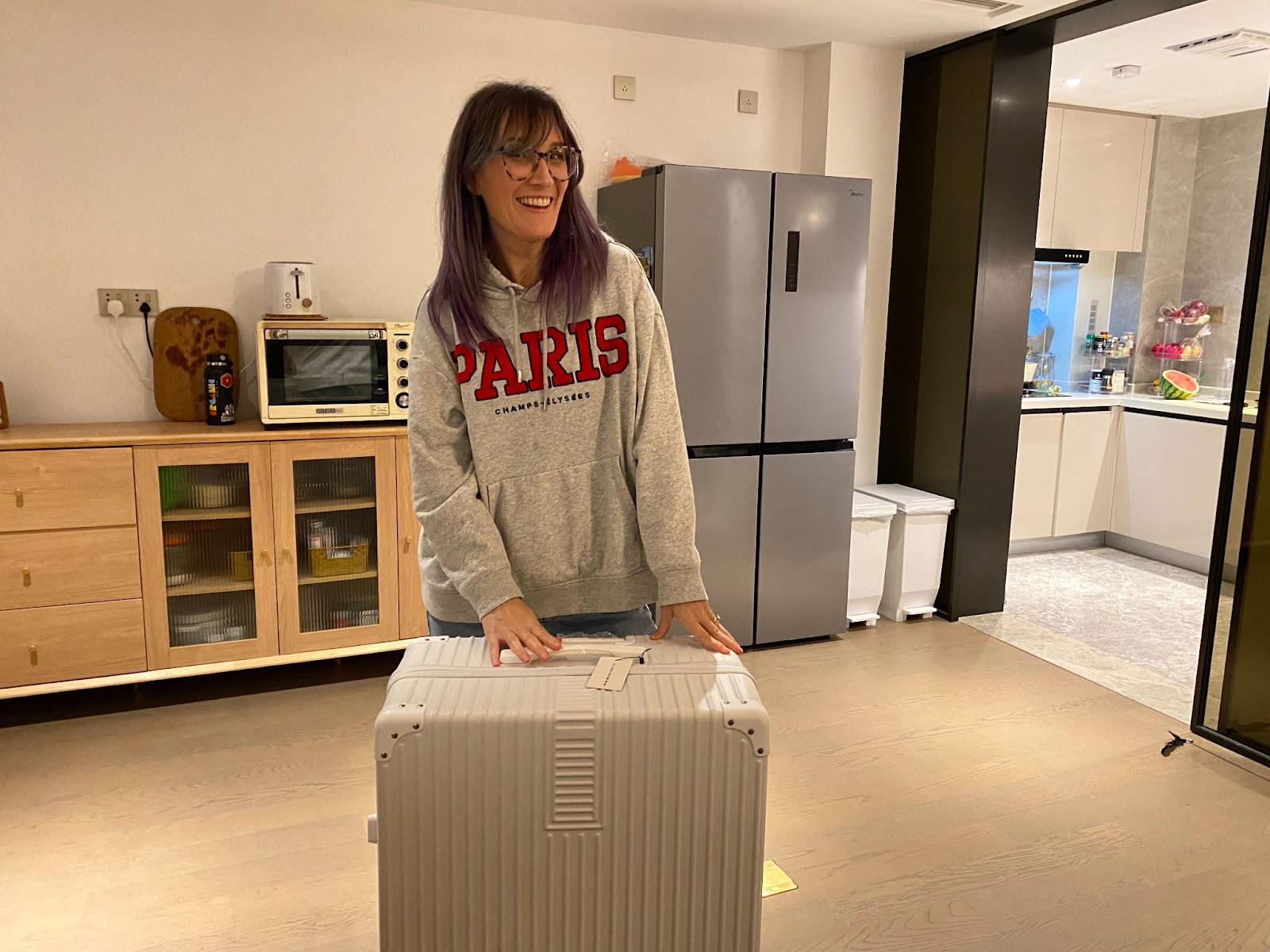(HEMET, Calif.) — California’s Proposition 3 is the ballot initiative for the repeal of Proposition 8, passed in 2008, which defined marriage as the union between one man and one woman. Recently, The Click spoke with Lex Ortega, 37, director of community programs at the Palm Springs LGBTQ Community Center of the Desert about the initiative. Ortega is advocating for the repeal to be decided next month.
The Click: What are your thoughts on the attempted repeal of Prop 8?
Ortega: Personally I am glad that work is being done to ensure that the discriminatory language from Prop 8 is being removed from our state constitution. We’ve seen, unfortunately, over the past several years that with [US] Supreme Court cases coming down, that it’s important to make sure that state constitutions are the most up-to-date so that any potential threats or other decisions that come down from our federal court system don’t impact states in ways that potentially this language might impact us, because it remains in our state constitution.
Who do you believe to be the opposition? And why are they so adamant on keeping Proposition 8?
I would imagine that the folks who want to hold on to some of that language despite the Supreme Court cases are likely for people for who probably voted for Prop 8 in the first place back in 2008. But I’m not sure that I’ve seen particular knowledge or transparency around who is on the “no” side of the Freedom to Marry ballot.
According to Politico, a USC-Dornsife survey done in January found that 73% of California voters want to repeal Prop 8. What does this say to you about voters and the community today?
Seventy-three percent is not just a simple majority, it’s nearly an overwhelming majority. I think that just says to me that in our state, we believe in a state and culture that respects all people, regardless of how they identify, including their sexual orientation. And I think California has shown that time and time again in terms of the policies that are enacted at the state level and certainly in many local communities.
Why has it taken so long to attempt the repeal of Prop 8?
I don’t want to say complacency, because that’s not the right word. But there can be a false sense of security when we achieve major wins across any sort of identity, across any sort of group of people who are working for, you know, a more perfect union, a better society, a better world. And so when we get those wins, we’re riding the high of those wins. And certainly, that was the case of Prop 8, especially because we saw Prop 8. We saw what was happening across the country, and then we saw what ultimately happened at the Supreme Court in 2015 with Windsor and Obergefell. So when you have all of that momentum, it can be really easy to be like, okay, like we’re all moving forward.
Do you think the repeal will be successful?
I hope so. You know, sometimes ballot propositions can be worded very confusingly. I recall the Prop 8 conversation, and that certainly seems to spark a lot of confusion between people. So I’m hoping with the clarity of the messaging of the ballot proposition and the Prop 3 campaign which is literally called Freedom to Marry, so I think that adds an additional clarity piece. I think based on the numbers that you cited, and what we’ve seen in terms of the elected officials that people vote for, the way that local communities organize around issues, I hope so.
